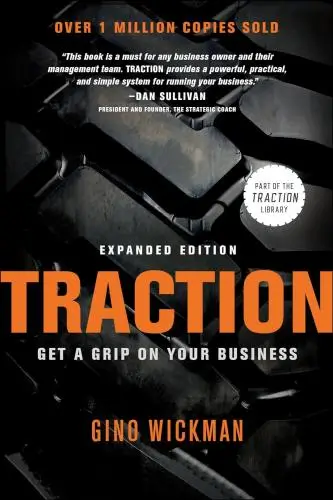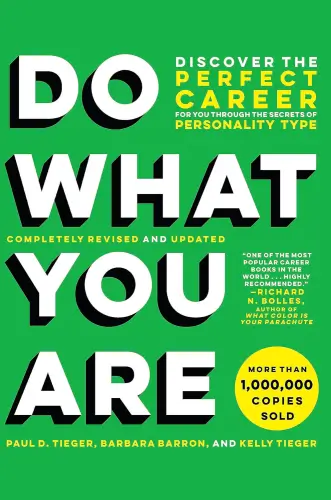Do What You Are
Discover the Perfect Career for You Through the Secrets of Personality Type
What is Do What You Are about?
Do What You Are helps you discover your true self and find your ideal career path based on your personality type. By using the Myers-Briggs Type Indicator (MBTI), this book reveals your strengths, weaknesses, and preferences, guiding you towards fulfilling work that aligns with who you are. It empowers you to make informed decisions about your career, leading to greater satisfaction and success. Dive into this insightful guide and unlock your potential today!
About the Author
Paul D. Tieger is an internationally recognized expert in Personality Type. Best known for co-authoring "Do What You Are," a guide to career success through understanding one's personality type, his work emphasizes the practical applications of Type theory in personal and professional settings, offering insights into communication, career development, and personal growth.
10 Key Ideas of Do What You Are
Discover Your Personality Type Through Self-Assessment
Understanding your personality type is the cornerstone of finding work that satisfies you. By using tools like the Myers-Briggs Type Indicator (MBTI), you can gain insights into your preferences, strengths, and potential areas for growth. This self-awareness allows you to identify careers that align with your natural tendencies, increasing job satisfaction and productivity.
Learn DeeperIdentify Your Myers-Briggs Type Indicator (MBTI): Start by taking an official MBTI assessment or a reliable free version online. This will give you a clear understanding of your personality type, which is crucial for the next steps.
Research Careers That Fit Your Personality Type: Once you know your MBTI type, look for resources that suggest careers aligned with your personality. Websites, career counselors, and books on the subject can provide valuable insights.
Reflect on Your Past Experiences: Think about past jobs, volunteer work, or projects where you felt most satisfied and productive. Identify the aspects of those experiences that align with your MBTI type to guide your future career choices.
Set Up Informational Interviews: Reach out to professionals in fields you're interested in and ask for informational interviews. This will help you gain firsthand insights into those careers and how well they might suit your personality type.
Develop Skills Aligned With Your Personality Type: Focus on building skills that complement your natural tendencies. For example, if your MBTI type suggests you're good at analyzing data, consider taking courses in data analysis or related areas.
- Example
If your MBTI type is INFP, known for creativity and a desire to make the world a better place, you might explore careers in writing, counseling, or nonprofit work. Researching these fields and talking to professionals already working in them can provide practical insights.
- Example
For an ESTJ type, who thrives on organization and leadership, looking into project management, administration, or law enforcement careers could be beneficial. Volunteering to lead projects in your current job or community could offer hands-on experience and clarity.
Align Your Career Choices With Your Core Values
Identify what values are most important to you in your life and career. Whether it's creativity, autonomy, helping others, or financial stability, recognizing these can guide you towards professions that fulfill not just your interests but also your fundamental beliefs. This alignment ensures a deeper sense of purpose and satisfaction in your work.
Learn DeeperReflect on Your Values: Take some time to sit down and really think about what matters most to you. Is it the freedom to express yourself creatively? The satisfaction of helping others? Or perhaps the security that comes with financial stability? Make a list of your top values.
Research Careers Aligned with Your Values: Once you have a clear understanding of your values, start looking into careers that align with them. For example, if creativity is a top value, consider careers in design, writing, or the arts. If helping others is paramount, look into healthcare, education, or social work.
Conduct Informational Interviews: Reach out to professionals in fields you're interested in and ask if they'd be willing to share their experiences. This can give you insight into how well a career aligns with your values from someone who's living it.
Volunteer or Intern: If possible, gain firsthand experience in a field of interest through volunteering or interning. This can provide a deeper understanding of whether a career truly matches your values.
Evaluate and Adjust: After researching and possibly experiencing different careers, take stock. Does what you've learned align with your values? If not, it might be time to consider other options.
- Example
If autonomy is one of your core values, you might explore careers that offer flexibility and independence, such as freelance writing, consulting, or starting your own business.
- Example
For someone whose top value is helping others, working as a nurse, counselor, or social worker could provide a deep sense of fulfillment and purpose, aligning their career with their core values.
Leverage Your Strengths in Your Job Search and Career Development
Focus on what you do best and find ways to incorporate your strengths into your current job or seek new opportunities that match them. By understanding your unique skill set and how it applies to the workplace, you can tailor your resume, cover letter, and interview responses to highlight these strengths, making you a more attractive candidate to employers.
Learn DeeperIdentify Your Strengths: Start by taking stock of what you excel at. This could involve reflecting on past successes, asking for feedback from colleagues or friends, or even taking personality or strengths assessments online.
Tailor Your Resume and Cover Letter: Once you know your strengths, make sure they're front and center on your resume and in your cover letters. Use specific examples of how you've used these strengths in past roles to achieve success.
Prepare for Interviews: Think of anecdotes that illustrate your strengths in action. Practice explaining these situations clearly and concisely, focusing on your role and the positive outcomes.
Seek Opportunities That Match Your Strengths: Use job search engines with filters that match your skill set, and don't be afraid to reach out to your network. Sometimes the best opportunities come from a friend of a friend who knows exactly what you're good at.
Negotiate Your Role: If you're already employed but feel your strengths aren't being utilized, consider talking to your manager about adjusting your role. Come prepared with examples of how playing to your strengths can benefit the team or company.
- Example
If one of your strengths is creative problem-solving, you might highlight in your resume how you developed an innovative solution to streamline a process at your last job, leading to a 20% increase in efficiency.
- Example
During an interview, if you're asked about a time you faced a challenge, you could share a story about using your strong communication skills to negotiate a conflict between team members, resulting in a more cohesive team and better project outcomes.
Embrace Lifelong Learning to Adapt and Grow
The world of work is constantly evolving, so adopting a mindset of continuous learning is crucial. Stay curious and open to developing new skills and knowledge areas, whether through formal education, workshops, or self-directed learning. This adaptability not only makes you more marketable but also enriches your personal and professional life.
Learn DeeperSet aside dedicated learning time each week: Just as you might schedule workouts or social events, make a recurring appointment with yourself for learning. This could be an hour a week spent on an online course, reading industry-related articles, or practicing a new skill.
Join online communities or forums related to your interests or career field: Engaging with others who share your interests can provide new insights, resources, and opportunities for learning that you might not find on your own. It's also a great way to stay motivated and accountable.
Attend workshops, webinars, and conferences: These can be incredibly valuable for gaining new knowledge, learning about the latest trends in your field, and networking with others. Many of these are available virtually, making them more accessible than ever.
Experiment with new projects at work or in your personal life: Applying what you learn in a practical context can significantly enhance your understanding and retention of new information. Don't be afraid to take on a project that pushes you out of your comfort zone.
Reflect regularly on your learning journey: Take time to think about what you've learned, how you've applied it, and what you want to learn next. This reflection can help you see your progress and adjust your learning goals as needed.
- Example
If you're interested in digital marketing, you might spend an hour each week learning about SEO through an online course. Then, apply what you've learned by starting a blog or helping a friend improve their business website.
- Example
For someone looking to improve their public speaking skills, joining a local Toastmasters club can provide both the knowledge and the practical experience needed to grow. Attend meetings regularly and take advantage of opportunities to speak in front of the group.
Deeper knowledge. Personal growth. Unlocked.
Unlock this book's key ideas and 100+ more. Learn with quick, impactful summaries.
Read Full SummarySign up and read for free!
Do What You Are Summary: Common Questions
Experience Personalized Book Summaries, Today!
Discover a new way to gain knowledge, and save time.
Sign up for our 7-day trial now.
No Credit Card Needed

Similar Books
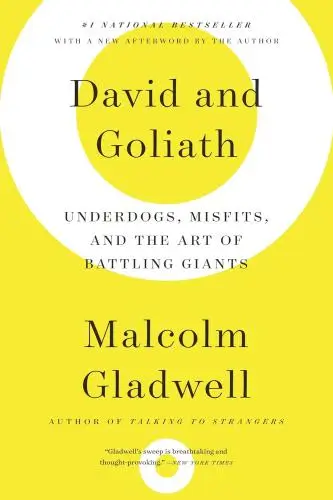
David and Goliath
Malcolm Gladwell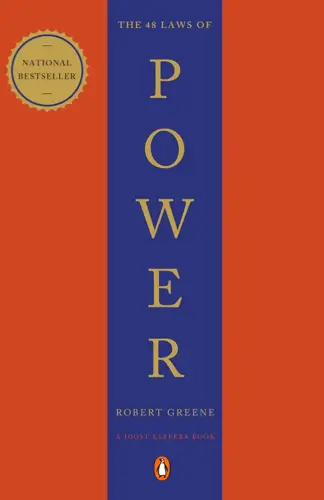
The 48 Laws of Power
Robert Greene
Switch
Chip Heath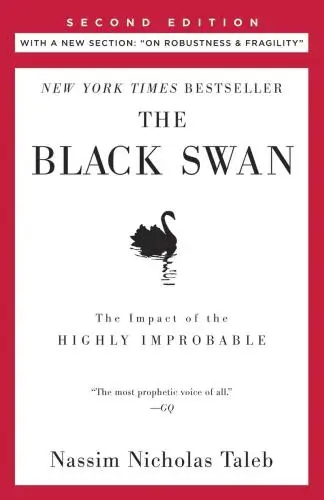
The Black Swan
Nassim Nicholas Taleb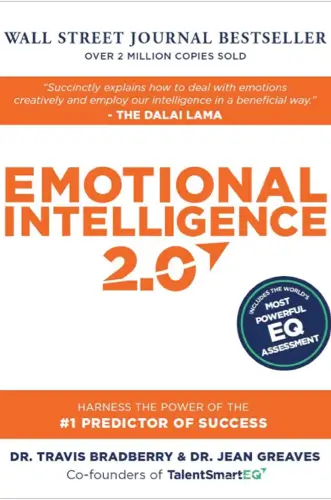
Emotional Intelligence 2.0
Travis Bradberry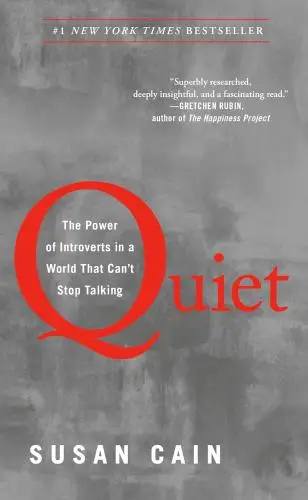
Quiet
Susan Cain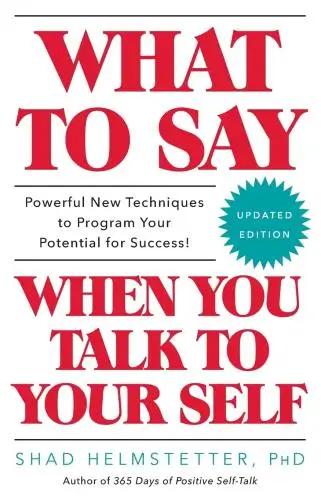
What to Say When You Talk to Yourself
Shad Helmstetter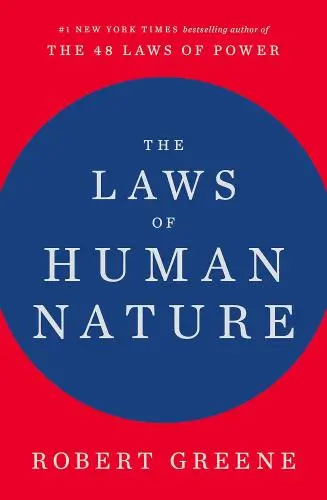
The Laws of Human Nature
Robert Greene
Feeling Good
David D. Burns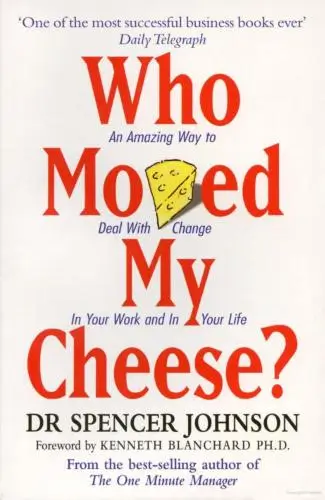
Who Moved My Cheese?
Spencer Johnson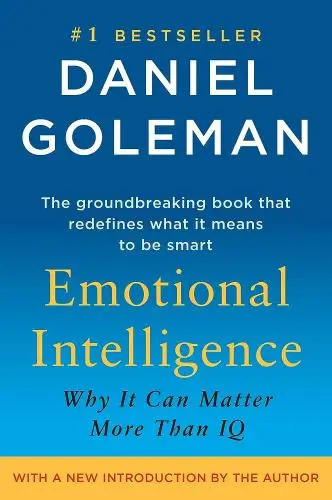
Emotional Intelligence
Daniel Goleman
12 Rules for Life
Jordan B. PetersonTrending Summaries

Peak
Anders Ericsson
Never Split the Difference
Chris Voss
Smart Brevity
Jim VandeHei
The Psychology of Money
Morgan Housel
The First 90 Days
Michael D. Watkins
Atomic Habits
James Clear
Thinking, Fast and Slow
Daniel Kahneman
The Body Keeps the Score
Bessel van der Kolk M.D.
The Power of Regret
Daniel H. Pink
The Compound Effect
Darren Hardy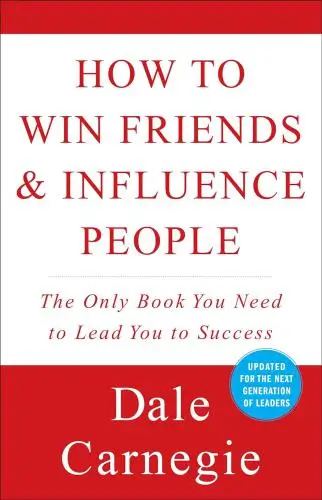
How to Win Friends & Influence People
Dale Carnegie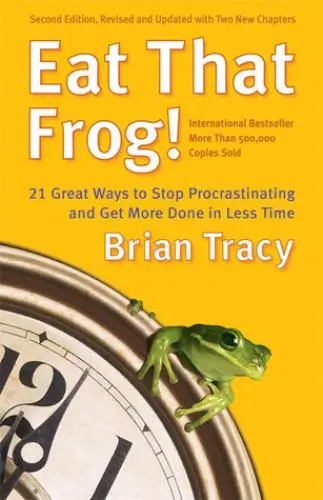
Eat That Frog!
Brian Tracy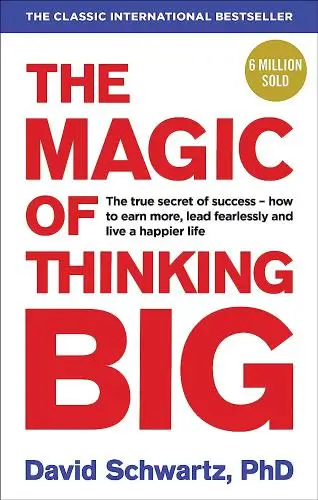
The Magic of Thinking Big
David J. Schwartz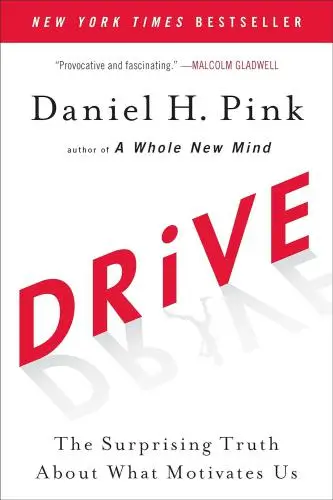
Drive
Daniel H. Pink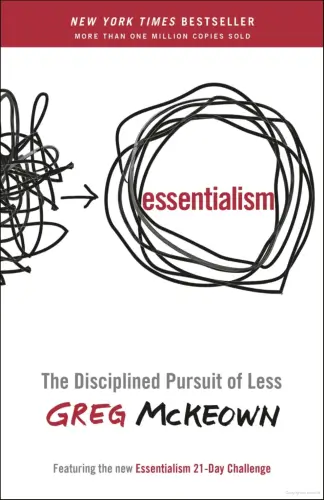
Essentialism
Greg McKeownNew Books

The Millionaire Fastlane
MJ DeMarco
Losing My Virginity
Richard Branson
Venture Deals
Brad Feld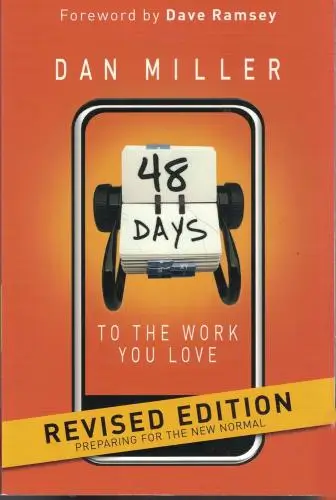
48 Days to the Work You Love
Dan Miller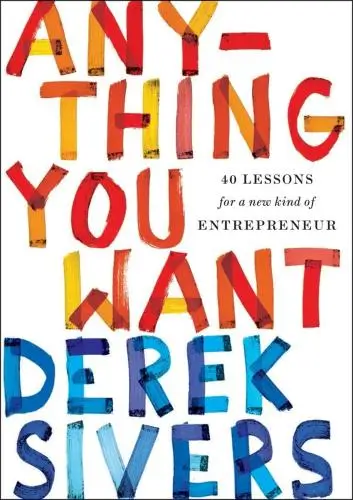
Anything You Want
Derek Sivers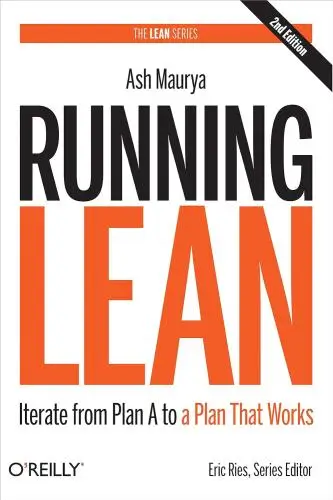
Running Lean
Ash Maurya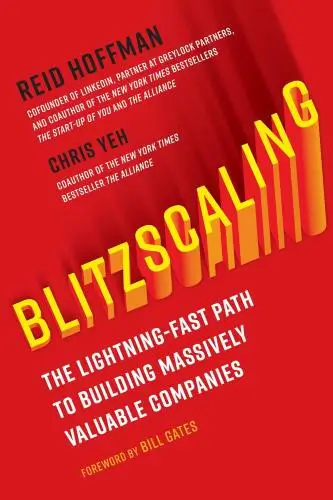
Blitzscaling
Reid Hoffman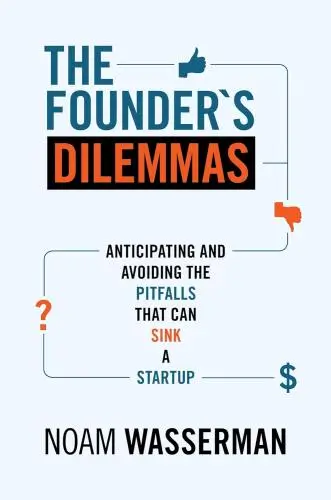
The Founder's Dilemmas
Noam Wasserman
Founders at Work
Jessica Livingston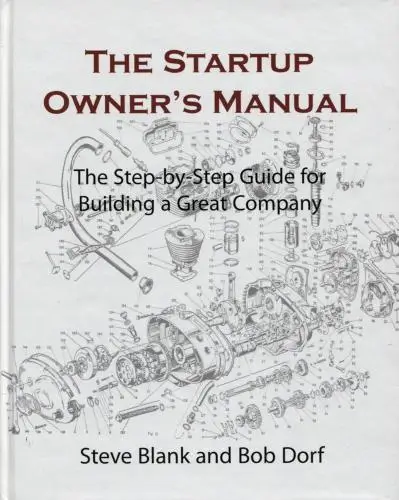
The Startup Owner's Manual
Steve Blank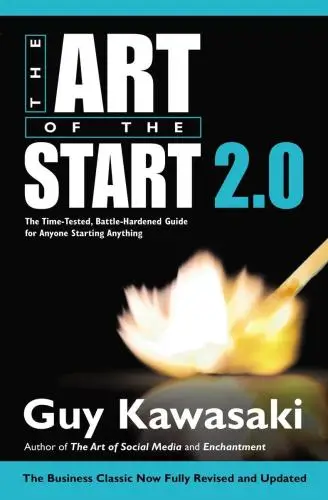
The Art of the Start 2.0
Guy Kawasaki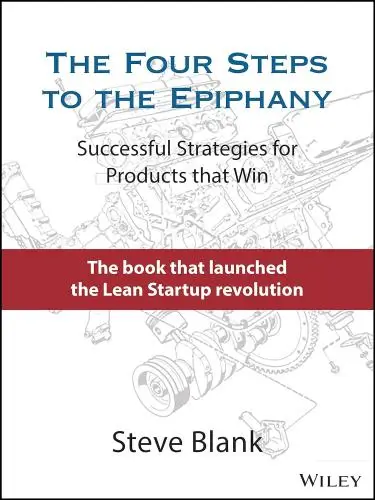
The Four Steps to the Epiphany
Steve Blank
Flash Boys
Michael Lewis
Crush It!
Gary Vaynerchuk